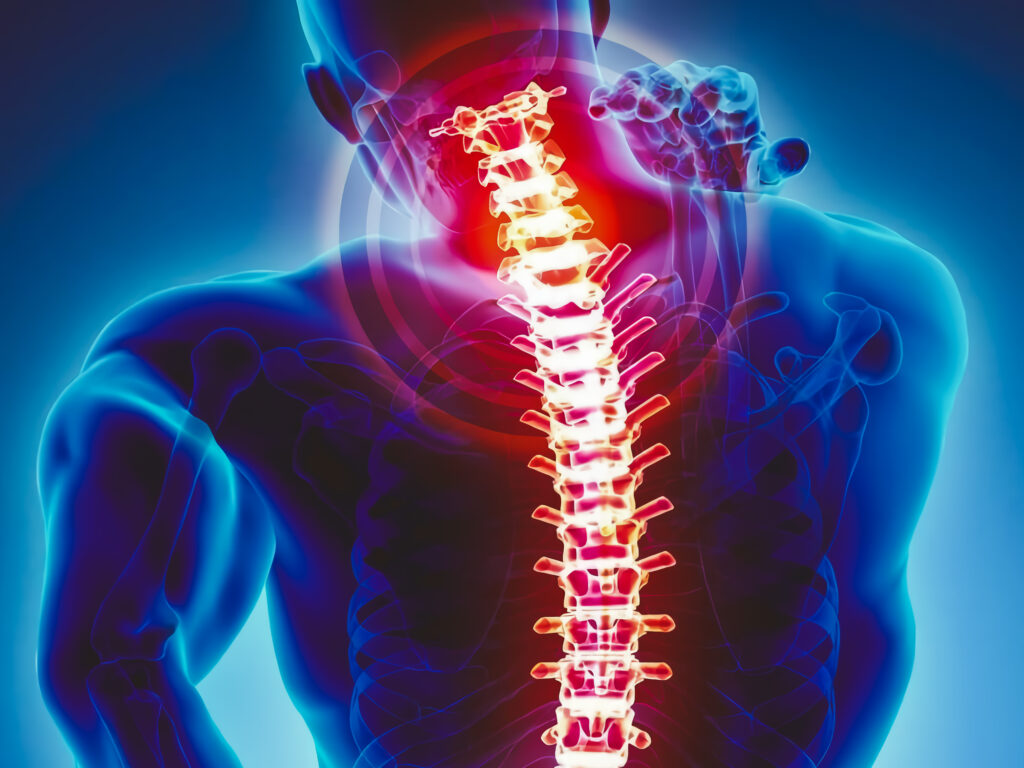What is a Spinal Headache?
Spinal headache after anesthesia is a type of headache that can happen after certain medical procedures. These headaches often occur after a spinal tap or spinal anesthesia. In these procedures, a needle is placed into the lower back. Sometimes, this can cause a leak of spinal fluid. As a result, a headache may develop. Doctors also call this a post-dural puncture headache.
Usually, the pain starts within a few days after the procedure. However, not everyone who has spinal anesthesia will get this headache. Still, it is important to know the signs and what to do if you feel unwell.
Causes of Spinal Headache After Anesthesia
There are several causes of spinal headache after anesthesia. Most often, it happens when spinal fluid leaks from the spot where the needle entered. This leak lowers the pressure around the brain and spinal cord. Because of this, the brain may shift slightly when you stand up, causing pain.
According to the World Health Organization (WHO), these headaches are more common after certain types of anesthesia, such as spinal or epidural anesthesia.
Common Symptoms
Spinal headache after anesthesia has some clear symptoms. Most people notice the pain gets worse when they sit or stand. On the other hand, lying down often makes the pain better. Other symptoms can include:
Sometimes, you may also feel dizzy or tired. If you notice these symptoms after a spinal procedure, it is important to tell your doctor.
Diagnosis and When to Seek Help
Doctors diagnose spinal headache after anesthesia by asking about your symptoms and recent procedures. They may also do a physical exam. In rare cases, they might order tests to rule out other problems.
It is important to seek help if:
Early treatment can help prevent complications. Therefore, always contact a healthcare professional if you are worried.
Prevention Tips
There are ways to lower the risk of spinal headache after anesthesia. Doctors use special techniques to help prevent this problem. For example, they may:
Although these steps help, they do not remove all risk. Still, following your doctor’s advice can make a difference.
Treatment Options
Most spinal headaches get better on their own within a few days. However, some people need treatment. Common options include:
Usually, these treatments work well. But if your headache does not improve, your doctor may suggest other options.
Frequently Asked Questions
If you have more questions, talk to your doctor. They can give advice based on your health and needs.
Consult a healthcare professional if you experience symptoms of spinal headache after anesthesia.
